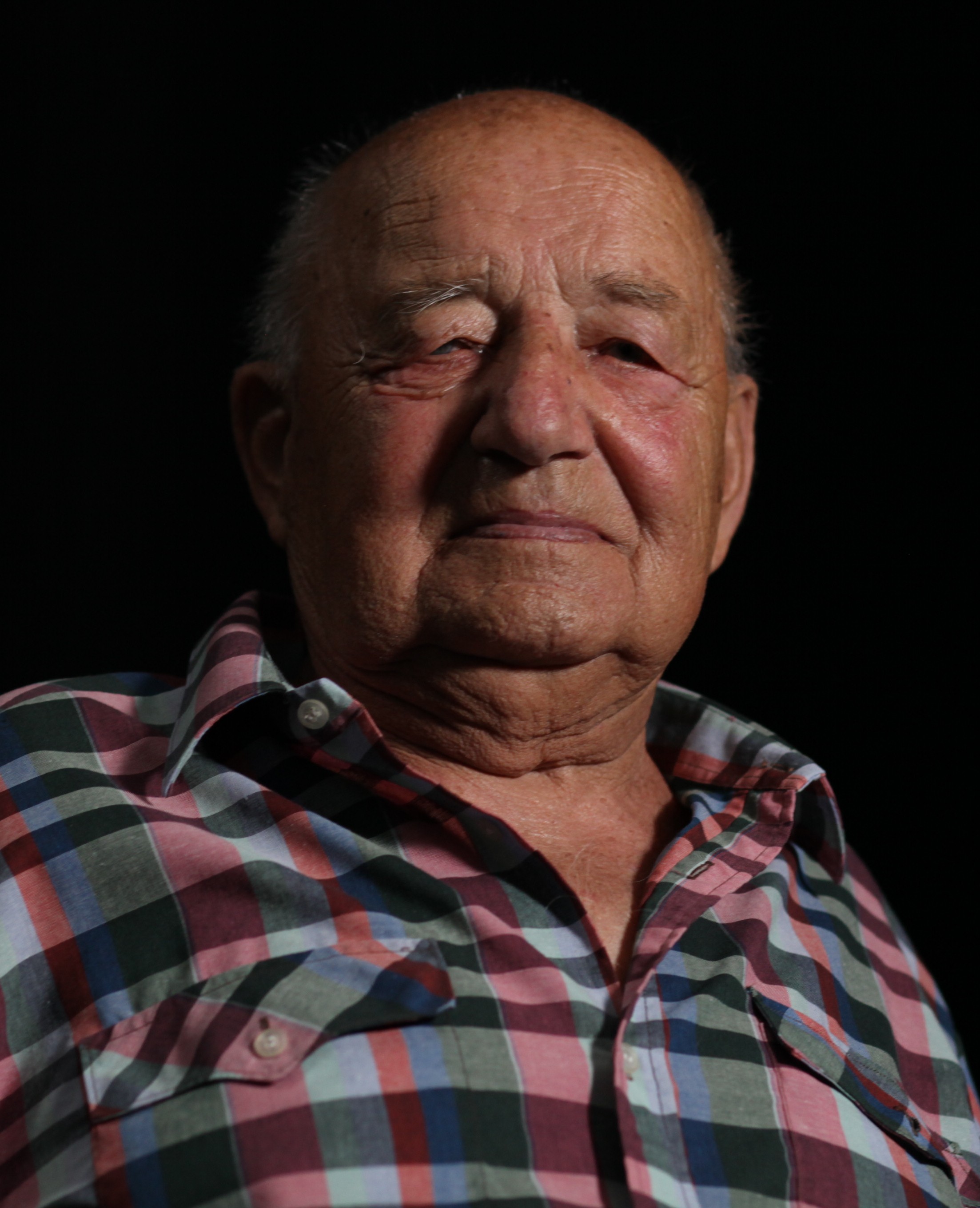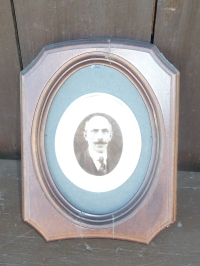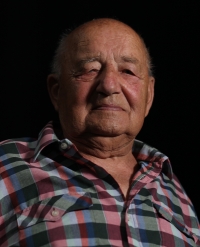The Gestapo turned the apartment upside down, they didn‘t find the rifles in the fan

Stáhnout obrázek
Karel Roubal was born on 15 February 1931 in Prague. His father worked as a clerk, his mother took care of the household. He started attending primary school in 1937, during the First Republic. During the German occupation, Karel as a boy experienced, for example, a Gestapo search of his apartment or the removal of wounded after the bombing in Prague. He trained as a saddler at the Gabriel Mikoland firm on Národní třída in Prague. His father, a staunch anti-communist, was reassigned to a lower post after 1948 and took less money. Karel Roubal could not work independently as a saddler throughout the communist regime, always only as part of a production or agricultural cooperative. From his youth he was involved in sports - especially swimming, water polo and, of course, equestrianism. For the first two years of the army he swam competitively for the Red Star Prague. However, the war was prolonged by eight months and he was then sent to the mines in Břežánky near Most to the infamous Auxiliary Technical Battalions (PTP). He worked as an assistant woodworker on mine shaft timbering. After the end of the war, he resumed his saddlery and horsemanship. As an excellent horseman, he dubbed famous actors during equestrian scenes in many Czech films. He actively practiced horsemanship until he was 78 years old as a trainer. He trained his successors in his saddlery trade as well as in horsemanship. He very much welcomed the changes in 1989, but is not happy with how little society has come to terms with communism. However, he is very optimistic and was still following current events at the time of the interview (2020). He alternately lived with his wife in Prague and in a cottage in Písek near Chlumec nad Cidlinou.

